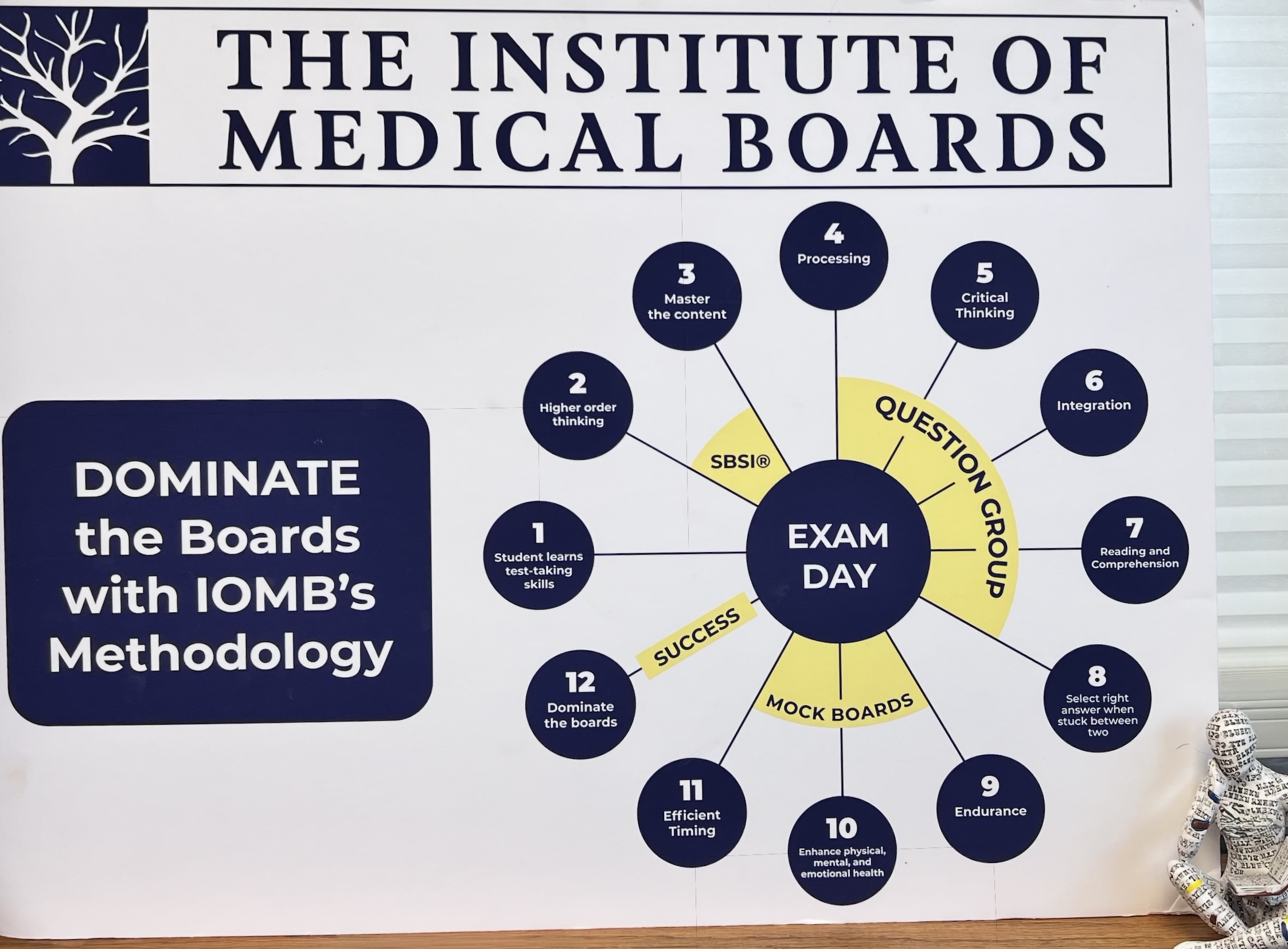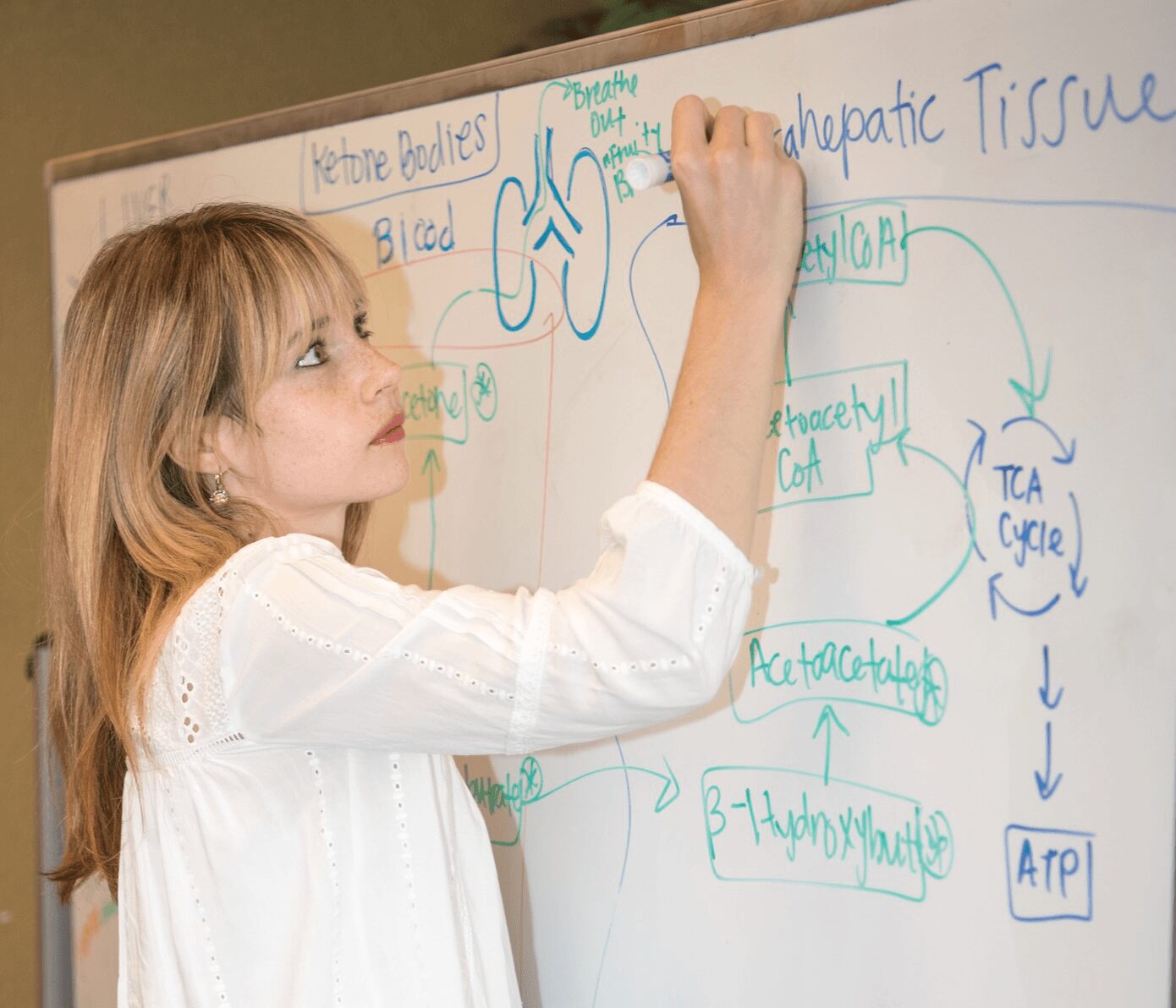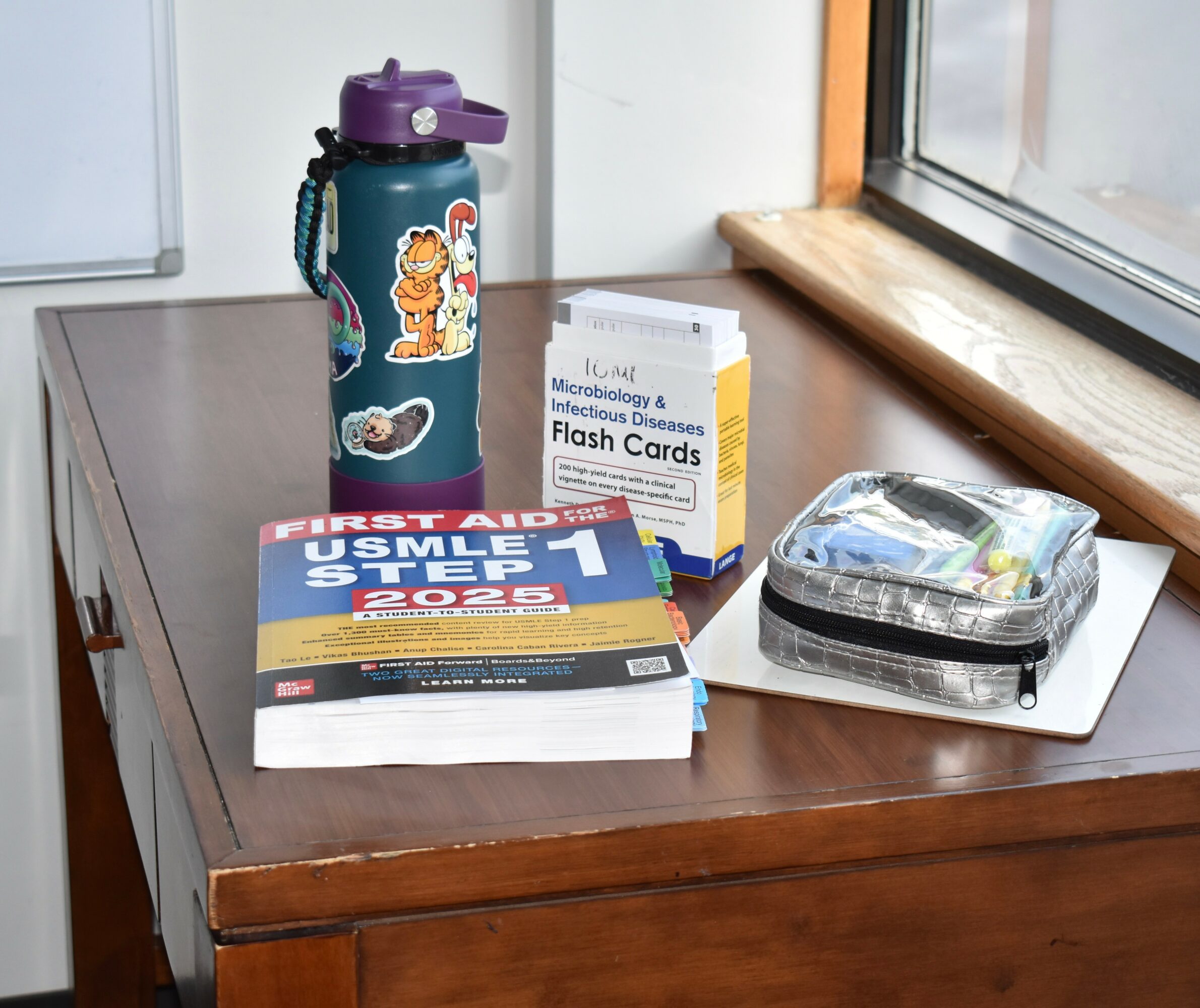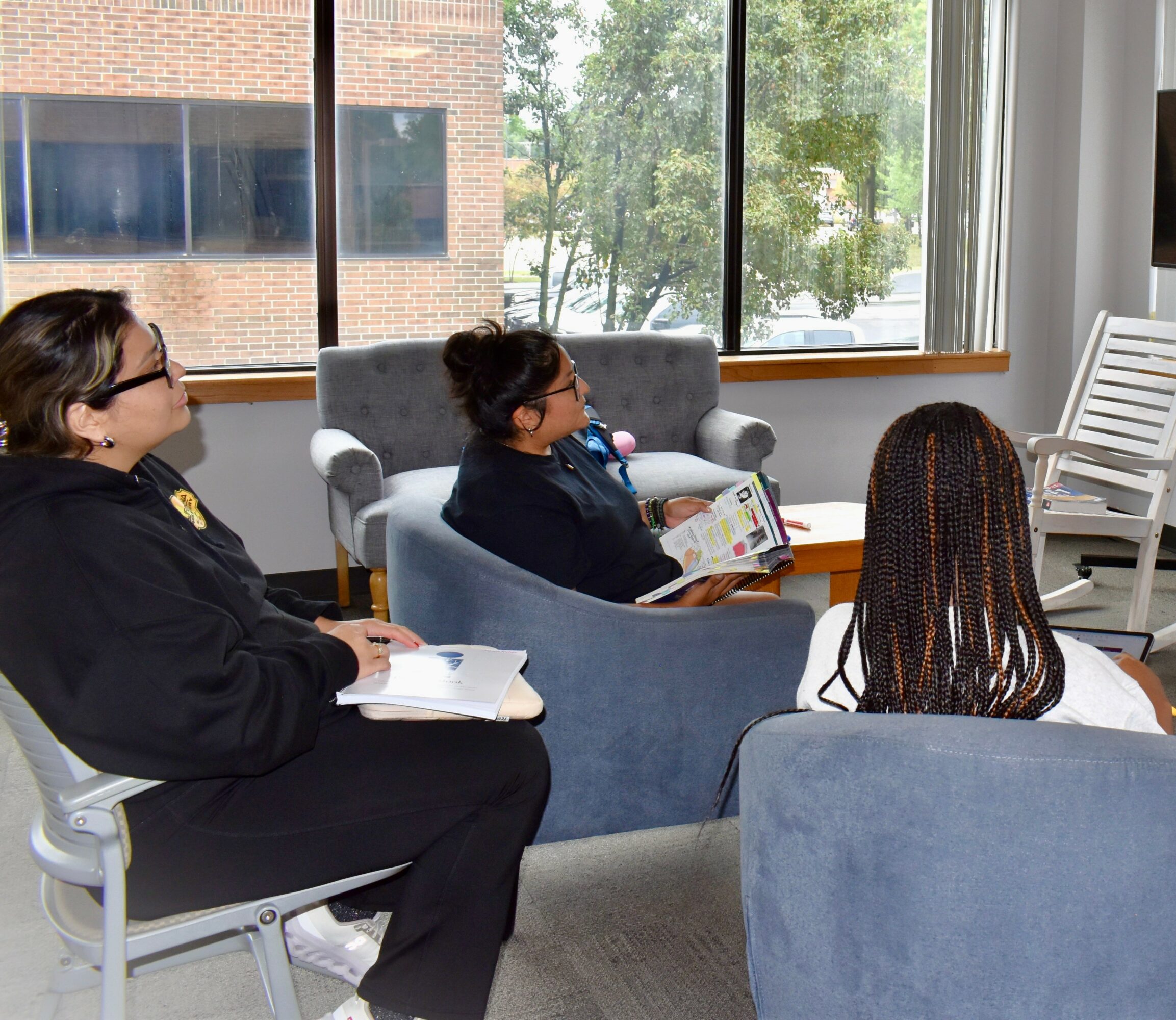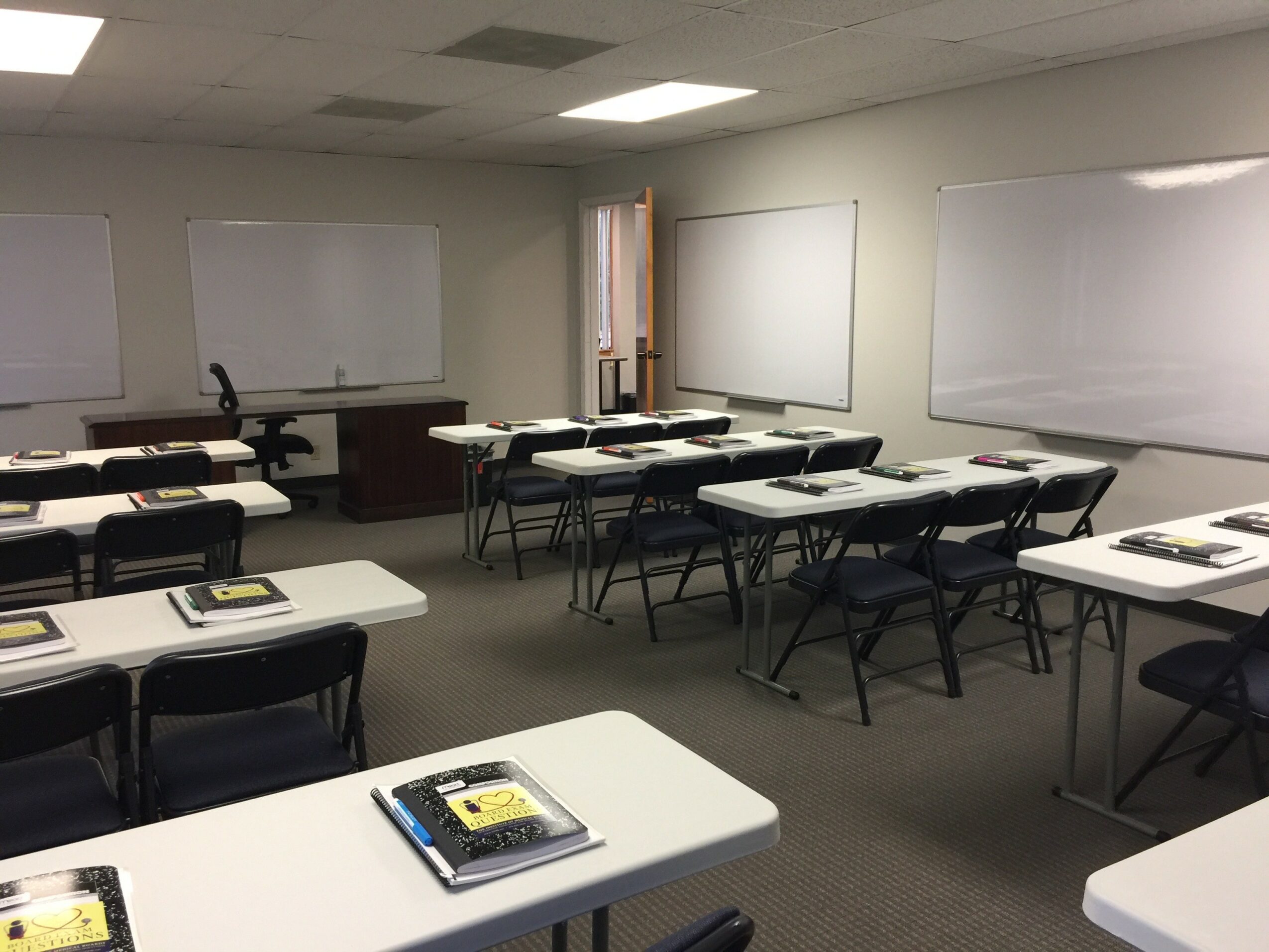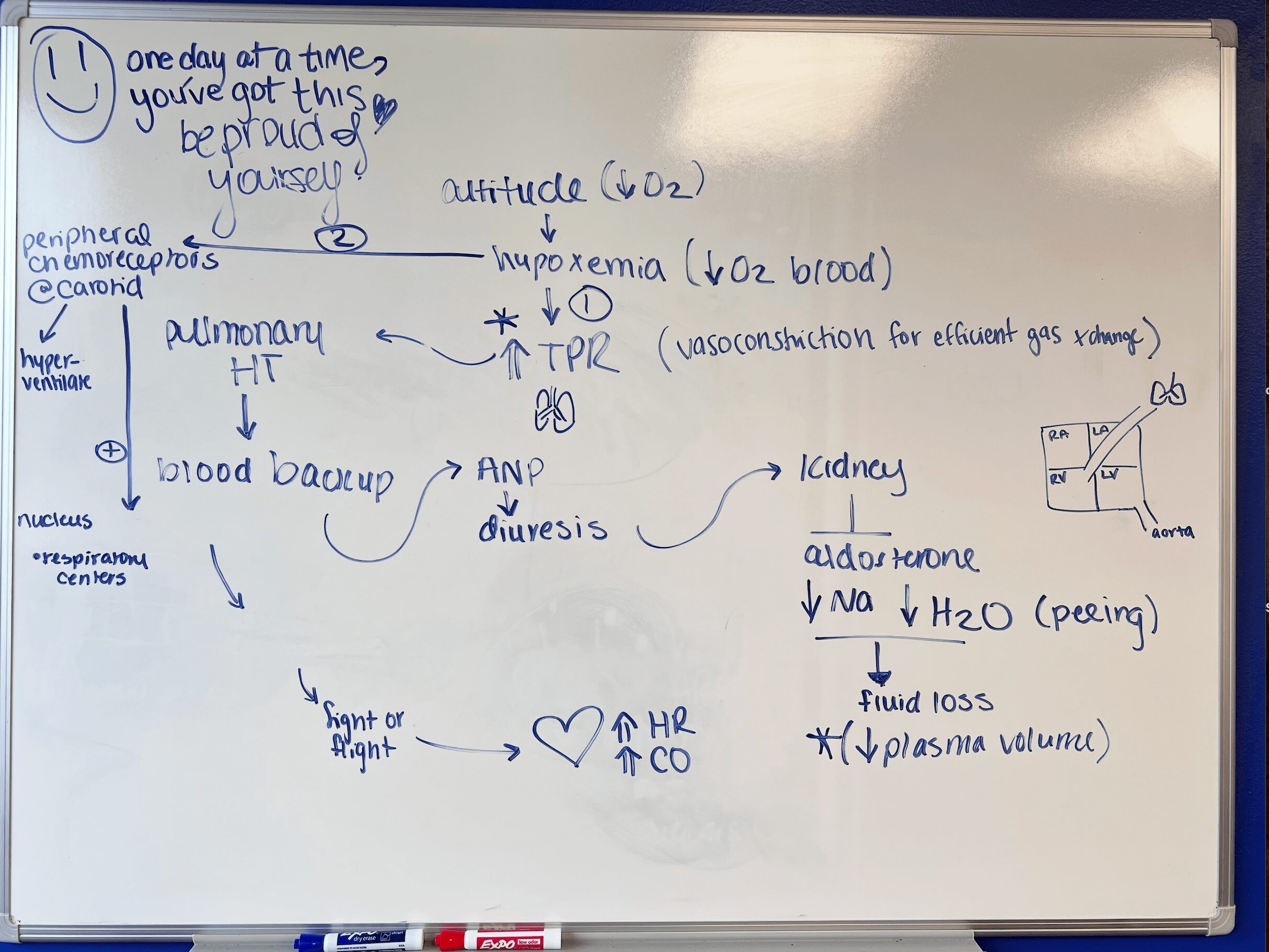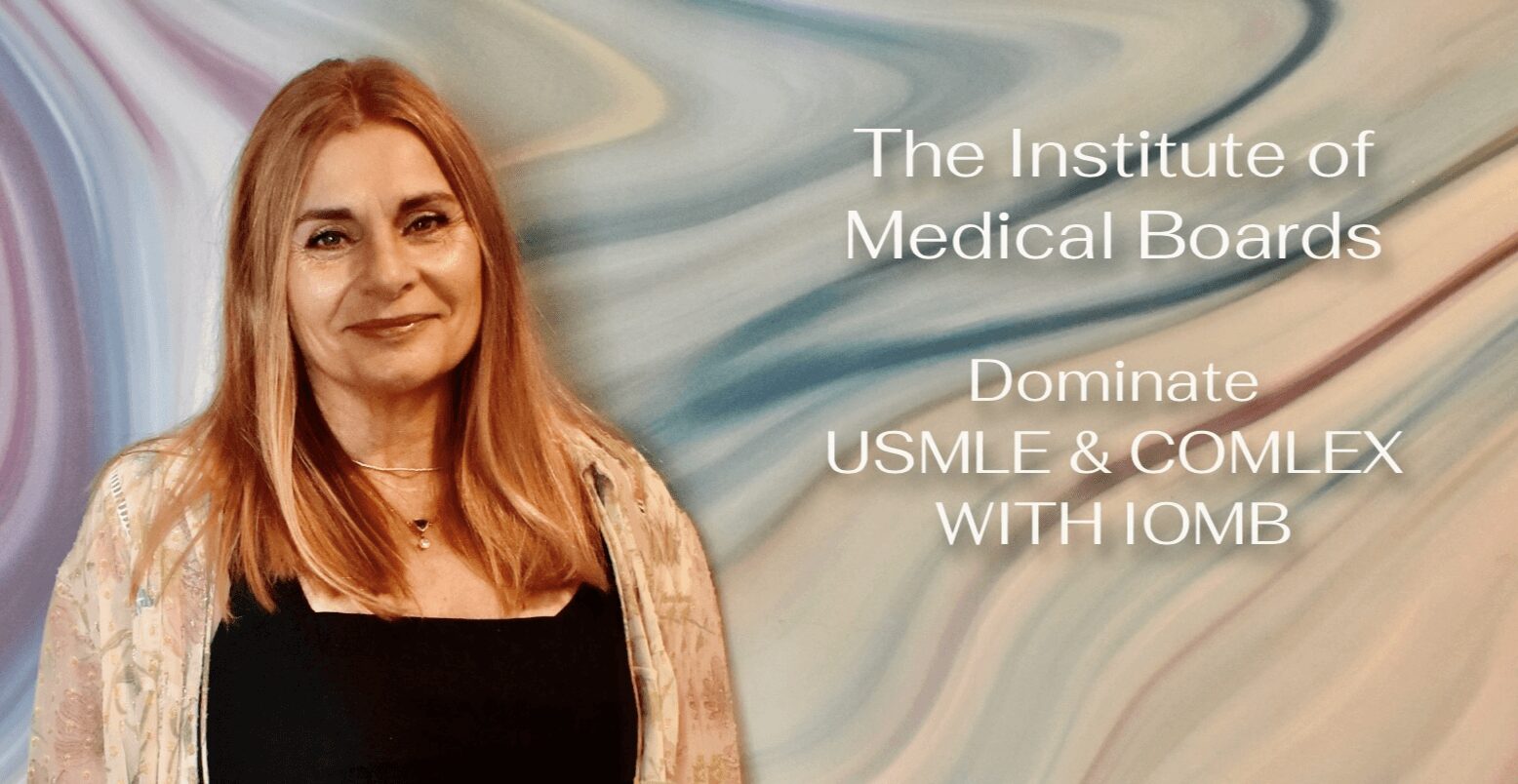

Today we’d like to introduce you to Edwena Kap.
Hi Edwena, can you start by introducing yourself? We’d love to learn more about how you got to where you are today?
In 1982, Dr. Robert Blanc opened a medical board preparation program at UMKC, and I joined the team in 2007. Three years later, UMKC closed the program. We still had students enrolled, and they wanted to continue working with me, so I started The Institute of Medical Boards (IOMB). I remember making the decision to continue the work like it was yesterday—not because time stopped, but because I was so immersed in something I love and find so meaningful that I hardly noticed time passing at all.
The medical board exams—United States Medical Licensing Examination (USMLE) and the Comprehensive Osteopathic Medical Licensing Examination (COMLEX)—are extremely intense. Students are under immense pressure to do well, as the results determine if they match into a residency program and the specialty they wish to pursue. With that pressure comes stress, test anxiety, and fear about the future. Unfortunately, these non-academic factors can significantly impact student performance.
Over the years, I became increasingly aware of how much stress affects students. As a result, I incorporated a wellness component into our academic program. As I tell my students: “If we only prepare you for the academic side of the exam and not the other components of the exam, your anxiety, and fear which will impact your concentration and focus on exam day, then we haven’t done our job well.”
Where am I today? That’s a great question. It forces me to pause and reflect. Often, we forget to look back at what we’ve accomplished. I’m proud of the work our IOMB team does to support students through the challenges of these exams. I celebrate the thousands (yes, accurately stated) of students we’ve helped over the years to achieve their dreams of becoming physicians.
I’m deeply moved by the numerous thank-you notes, and the students who stay in touch—even years after working with us—sending birthday wishes, wedding photos, baby announcements, and career updates. I’m truly grateful for the journey of building this company, for the amazing, dedicated, and passionate students I’ve met, and for the privilege of working with a wonderful team.
Alright, so let’s dig a little deeper into the story – has it been an easy path overall and if not, what were the challenges you’ve had to overcome?
“The wound is the place where the Light enters you”. Rumi. Some people may know this quote as: “Pain is where the light comes in”. It is one of my favorite quotes. I often remind my students that we grow the most during times of challenge and intense emotion. Instead of viewing medical board exam preparation as a struggle, I encourage them to see it as a time of growth—both academically and personally.
I ask them, “What brings a patient to see you?” The answer is almost always pain, the wound. And it’s through that pain that, as physicians, they can assist their patients with the healing process.
Has my journey been smooth? No. There have been many hiccups along the way, many “fires” to put out. But with each one came a lesson. The key is to pause, reflect, and learn—even when the lesson is painful. Life will bring its trials, obstacles, and tests, but through those learning curves, we gain resilience—and that’s when we start to see the light.
As you know, we’re big fans of The Institute of Medical Boards (IOMB). For our readers who might not be as familiar what can you tell them about the brand?
We don’t just teach medicine—we teach future doctors how to conquer the exams that stand between them and their dream. Unlike lecture-based programs, our approach is question-focused—because on exam day, students face hundreds of questions that test more than knowledge: critical thinking, integration, comprehension, and processing.
Why we stand out:
• Our proven methodology shows students how to tackle challenging board questions.
• SBSI™—our cognitive teaching style—sparks curiosity and higher-order thinking.
• Students who once felt defeated—some on their last attempt—turn their results around and achieve their dream of becoming doctors
• We’re invited to medical conferences to share our strategies.
We keep programs small to give personalized support, teaching not just test-taking strategies but also wellness skills to prevent burnout during exams and beyond. The most rewarding part? Seeing students walk into their exams confident and walk out ready to for hospital rounds
We’d be interested to hear your thoughts on luck and what role, if any, you feel it’s played for you?
Good luck has come my way through my mentors, my family, and my friends and my team. Mentors: Dr. Robert Blanc and Dr. Deanna Martin, PhD in Education, have been instrumental in my understanding of how medical students learn, and guiding me on how to build an interactive learning environment that supports second and third order thinking and long-term retention. My family: understanding that at times I needed to miss out on family time because I was helping a student. My friends: who never gave up on friendship after I declined many invitations because I was working late. My team: working with people who share the company’s values and vision makes everyday rewarding.
Pricing:
- Depends on which program students
- sign up for
- Can be found on our website
Contact Info:
- Website: https://www.iomb.net
